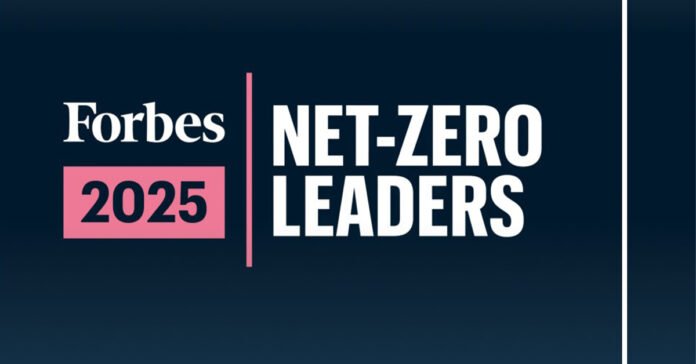Philip Morris International, ranked fourth on the Forbes 2025 Net Zero Leaders list, states that its facilities in Pakistan have reduced their carbon dioxide footprints.
Ali Takesh, Chief Executive Officer of PMPKL:
PMPKL’s climate strategy aims to address pertinent climate change-related risks and build resilience. At the same time, seize opportunities presented by a low-carbon future. At PMPKL, we are minimising our environmental impact. “We are reducing our carbon footprint and advancing sustainability efforts across Pakistan.”
In 2024, PMPKL’s Sahiwal factory generated 15 per cent of its yearly demand from renewable energy. To conserve the environment, PMPKL’s Green Leaf Threshing Plant (GLT) successfully converted the boiler fuel operation. Its conversion has taken place from furnace oil to Liquefied Petroleum Gas (LPG).
Due to this conversion, during 2024, CO2 emissions reduced: a total of 824,200 kg. The data shows a 58% CO2 footprint reduction v/s the 2019 baseline. PMPKL ensures that the fuelwood used by contracted farmers for tobacco curing comes from 100% sustainable sources. This 100% Fuelwood sustainability target has been achieved for every crop year since 2020. Through a diverse range of initiatives, PMPKL is committed to minimising its environmental impact, reducing its carbon footprint, and advancing sustainability efforts across Pakistan.
Jennifer Motles, Chief Sustainability Officer at PMI:
The PMI’s sustainability strategy is deeply integrated with its business transformation. Initiatives such as investment in renewable energy and supply chain optimisation are grounded in data, transparency. And an ambition to strengthen both environmental performance and competitive position.
In line with PMI’s strategy, Philip Morris Pakistan Limited (PMPKL), an affiliate of PMI, prioritises sustainability in its operations.
Forbes:
Forbes analysed data from Sustainalytics and Morningstar to assess companies’ progress towards a net-zero future. It evaluated each company’s management structure to aid in risk assessment. And governance, strategy, and metrics for achieving decarbonization targets. It also evaluated financial strength to withstand industry competition and economic turmoil.



